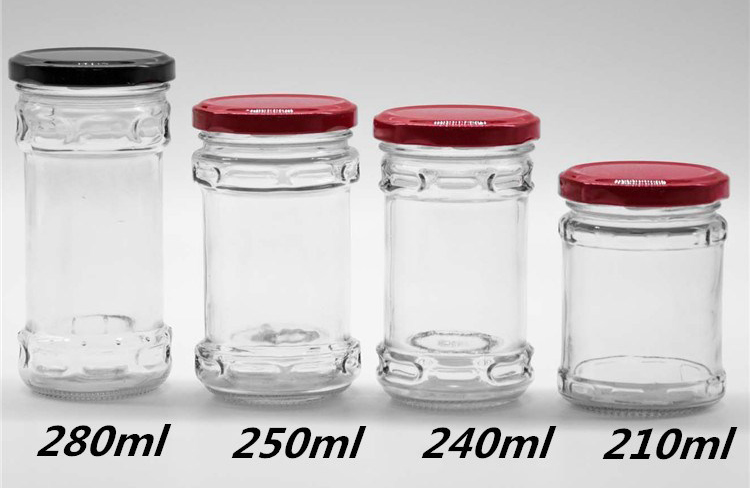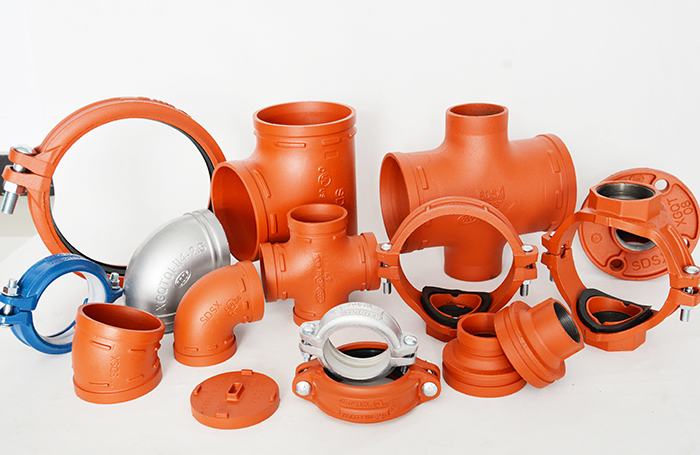Indiscriminate disposal of waste materials remains a challenge for the most densely populated residential areas in Zambia.
In these areas, it is common to see plastic bags and containers clogging drainage spaces and streets looking untidy because of plastic litter.
It is for this reason that a group of young people, who are residents of the Misisi compound in Zambia’s capital Lusaka, are turning plastic waste materials into pavers.
In Zambia, pavers are usually made from natural stone, brick or concrete and are used to beautify walkways, driveways and patios of residential and business areas.
“We make pavers from plastic waste in an effort to rid our compound of plastic waste and to create employment opportunities for youths,” said Gift Ng’andu, team leader for Children and Youths for Change, an organization working to bring about positive change in Misisi compound.
Ng’andu said the pavers made from plastic waste are as strong and durable as those made from concrete and other materials.
The 22-year-old further revealed that his team of over 50 young people is currently working toward establishing plastic waste collection points in Misisi compound and involving more residents.
“The idea is to encourage residents to dispose of plastic waste in designated places, making it easier for those involved in recycling of plastic to access the materials. We also intend to introduce a ‘cash for trash’ initiative so people can be compelled to trade their plastic waste for cash,” he said.
Ng’andu added that his team is currently looking to partner with entities that can help with equipment to enable his team to produce better and larger quantities of pavers.
“The initiative will create employment for a number of youths in the community who will be involved in the making and selling of pavers made from plastic waste materials,” he said.
Emmanuel Mwando , 23 , programs coordinator for Children and Youths for Change, revealed that the youth-led organization has also been conducting sensitization programs to discourage residents of Misisi from disposing of waste including plastic materials indiscriminately.
Mwando noted that plastic waste is a danger to human health and the environment and that it remains important for people to be sure to dispose of plastic waste properly, particularly plastic materials that are non-biodegradable.
He said that as a result of the advocacy works conducted by the organization, which started operation in May last year, more people in Misisi compound are now doing their best to dispose of waste the right way.
“It is also good to note that a growing number of parents are eager to have their children join our Zero Plastic Campaign as volunteers,” Mwando said. Enditem
Post time: May-06-2022





